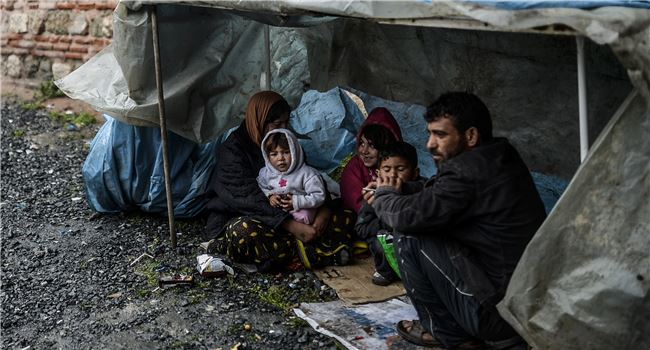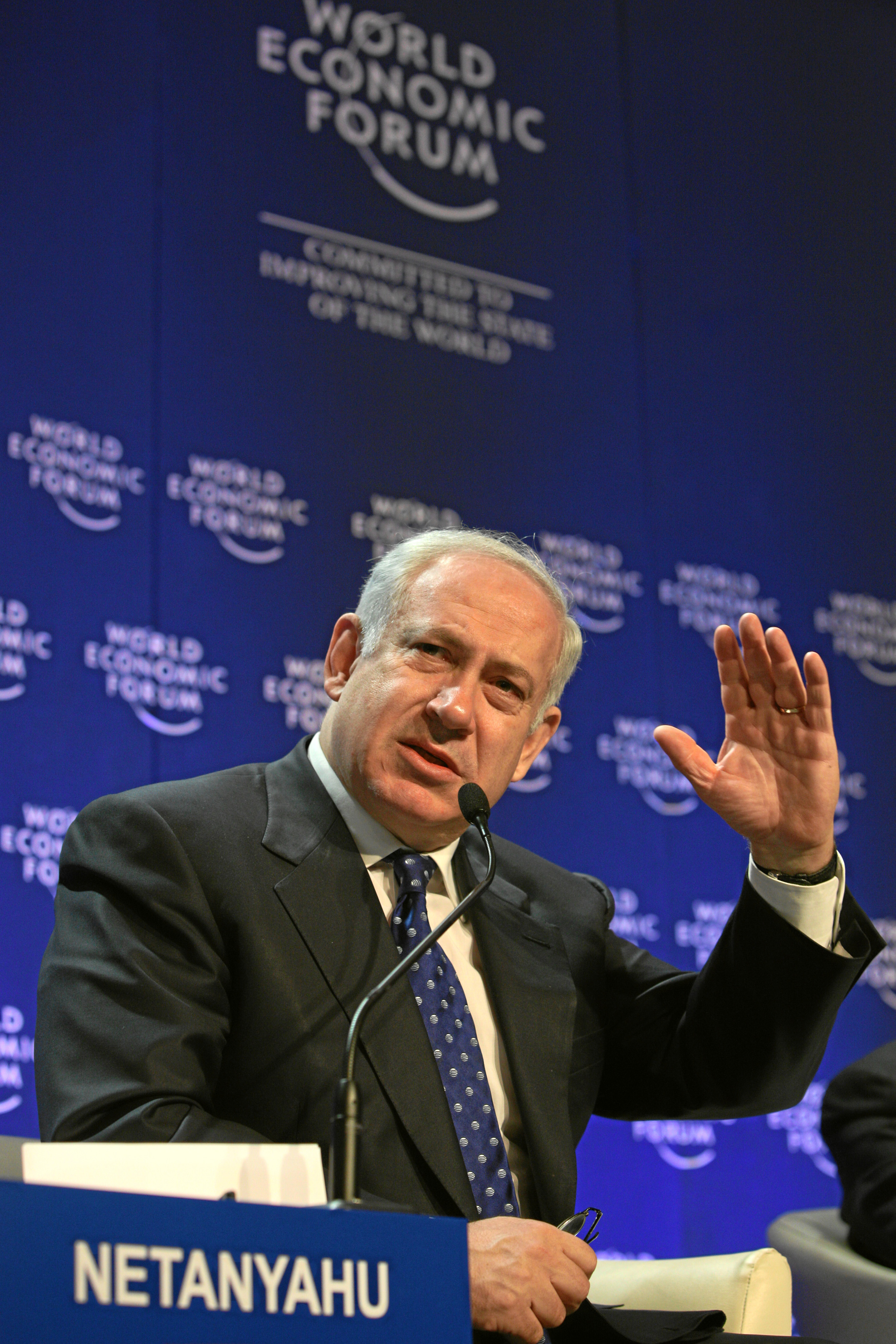Since the turn of the 21st century, Canada along with the rest of the world faces a set of new challenges that require new solutions. Our world has redefined what it means to be ‘secure’ from an economic, humanitarian, and diplomatic standpoint due to the rise of terrorism, the threat of global warming, and the advancement of technology. Canada under the leadership of four Prime Ministers, to date, has met these challenges. We have departed from the Pearsonian era of “pragmatic middle power” brokerage to a more strategic Canada-centered approach. While many consider our ‘new’ foreign policy to be one of ideological posturing, one could argue that it is merely a response to the pressures and realities of our world in the 21st century, regardless of party.
There have been three major pillars that have guided our foreign policy
1. Economic Liberalization and Diversification
The last twenty five years have seen an array of free trade agreements signed that have included Mulroney’s NAFTA, FTAA, several bilateral free trade agreements, and negotiations through APEC to name a few. Chrétien also formed ‘Team Canada’ that travelled to several other countries to discuss lowering tariffs. Growth and economic diversification from U.S trade have been the top priority during Prime Minister Stephen Harper’s tenure thus far. Since assuming office the Harper government has signed eight free trade deals and can now claim a major milestone achievement with an E.U free trade agreement – the biggest economic deal that Canada has ever negotiated. The same goes for energy and soft lumber negotiations with the United States and Harper’s oil pipeline strategy.
2.Human Security and Diplomacy
Prime Minister Jean Chrétien’s government shifted Canada’s focus to institutionalizing Canadian values around the world with initiatives such as the Land Mine Treaty which (with global cooperation) seeks to eliminate landmine stockpiles around the world. Chrétien was also the one who believed that enforcing human rights through intervention was sometimes necessary. He was the one who said “With the U.N if possible, but not necessarily with the U.N”. The Harper government has donated millions in areas such peacekeeping efforts in Darfur, AIDS research, Palestinian assistance, and maternal health.
The Harper government has also taken a noticeably less nuanced approach to international relations by employing a more principled viewpoint. Examples of this being their unconditional support for the State of Israel, the recent boycotting of Sri Lanka’s Commonwealth summit, and the establishment of the Office of Religious Freedom . The Harper government has also recently merged CIDA with Foreign Affairs as an attempt to streamline processes and target recipients more accurately.
[captionpix align=”left” theme=”elegant” width=”250″ imgsrc=”http://natoassociation.ca/wp-content/uploads/2013/10/time.jpg” captiontext=”Brian Mulroney”]
3.Defense
Mulroney’s time in office saw Canadian forces be more involved in military conflict around the world ranging from the Gulf War to the controversial Somali Civil War. It was Canada under Jean Chrétien that heavily advocated for the enlarging of NATO to include nations that were freed from the shackles of communism in Central and Eastern Europe. Canada also participated in several conflicts throughout Chrétien’s tenure such as the NATO mission to liberate Kosovo. The events of September 11th propelled Canada to send troops to Afghanistan alongside the rest of the world to begin the ‘war on terror’.
Stephen Harper’s government participated in the (NATO led) intervention of Libya and has also focused on the expansion of Canadian military infrastructure. During this time Canada has seen more conflict, but has also lived up to its reputation of standing up for individuals in need. The Canadian government still typically assesses intervention via U.N approval such as with Iraq and Syria.
Arctic security has also been a major item for the Harper government in terms of building up infrastructure (boats, etc) to maintain sovereignty claims. With several countries including the United States, Russia, Denmark, China, and other countries vying for access to the Arctic, it is understandable that Canada would pursue a more aggressive Arctic sovereignty strategy via investment and presence.
Every government has different priorities and Prime Ministers will always have marked differences. However, their government’s approach to foreign policy may be the result of a broader set of circumstances that are beyond ideology. It will take years for us to properly analyze the impact and shift of Canadian foreign policy, but these present day circumstances have set the sails of Canada’s ship into the 21st century.




